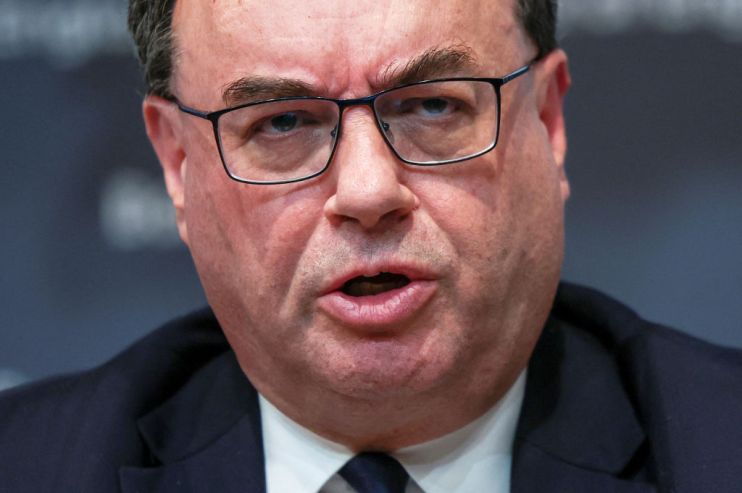Bank of England governor Andrew Bailey slams firms for participating in ‘greedflation’

Businesses charging unfair prices for products must be “tackled” to help bring down inflation, the Governor of the Bank of England has claimed.
Andrew Bailey, speaking to the BBC’s Newsround programme, said there is evidence that some retailers are “charging too much” for petrol.
His comments come after the UK’s competition watchdog, the Competition and Markets Authority, this week said supermarkets that operate petrol stations have fattened up fuel prices by an average of 6p.
The country’s top food retailers said they had passed on those gains to consumers by keeping food prices lower. The Office for National Statistics calculates food inflation is currently over 18 per cent.
Action to prevent firms from overcharging customers would help the Bank tackle inflation, Bailey said, adding that eradicating such behaviour would create a “fairer” pricing system.
Businesses have been accused of practising “greedflaiton,” the process in which they use inflation as a guise to lift prices far above their operating costs to fatten up profits. ONS figures show corporate profit margins have barely nudged higher.
There are more signs of greedflaiton taking hold in Europe, with research from the International Monetary Fund last week finding profits have contributed a greater share to the continent’s inflation problem than wages.
In the UK, there is mounting evidence that the initial price surge that was driven by international energy prices surging after the pandemic lockdowns ended and Russia’s invasion of Ukraine is now being steered by domestic factors.
Bailey and the rest of the monetary policy committee have backed 13 straight interest rate rises, taking them to a near 15 year high of five per cent. They shocked financial markets last month with a 50 basis point increase.
Traders reckon they will eventually pump up rates to a peak of more than six per cent. JP Morgan economists earlier this week warned there is a chance borrowing costs may have to go to as high as seven per cent.